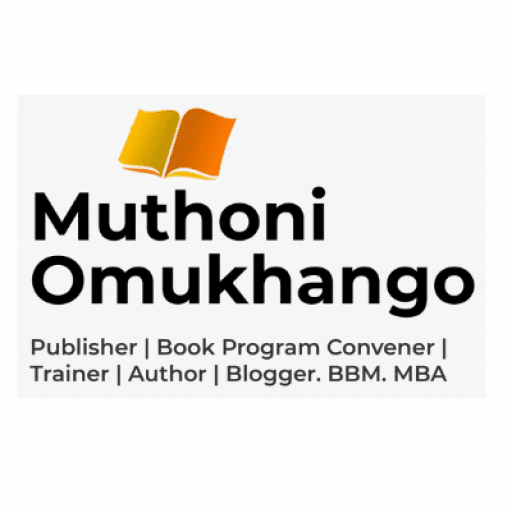Editing
Editing is sometimes considered part of revising, but refers to judging your text for language and technicalities rather than content. This is the time for all you grammar-lovers and nitty-gritty enthusiasts to meticulously scan the text for language accuracy.
A critical commentary on your work will ensure that not only the grammar and spelling are perfect but that the style, tone, and structure of your manuscript are also on point. While the manuscript reviewer looked at your work as a whole and offered advice on making it better, the editing stage will involve a line-by-line review of your document for grammar, structure, flow, consistency, and much more.
• Your sentences should adhere to proper word order rules, each containing a subject and a predicate. Use a variety of verb tenses correctly and appropriately (simple, progressive, perfect, and perfect-progressive tenses).
• Be careful with subject-verb agreement issues.
• Use a variety of language constructions to make your writing more precise and educated (comparative structures, relative clauses, conditional sentences, not too much of the passive voice etc.)
• Use a dictionary or spell checker when not sure about spelling. Reread your text again for problematic homonyms (there-their-they’re).
• Use a variety of punctuation marks accurately and consult a style guide when hesitating between a comma, colon, or semi-colon.
• Edit for text mechanics: capitalization, numbering, italics, and abbreviations.
